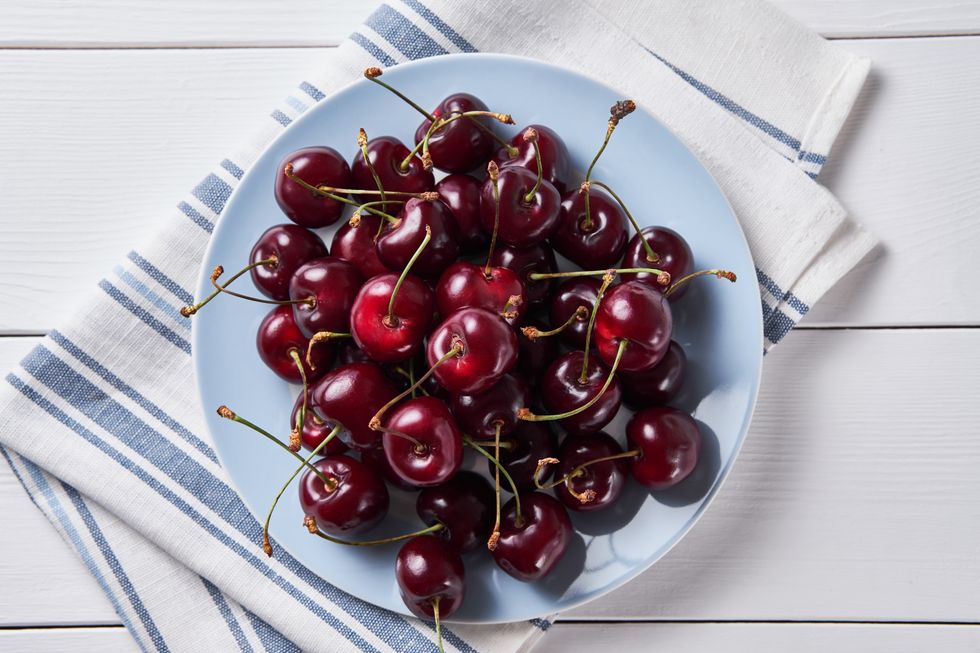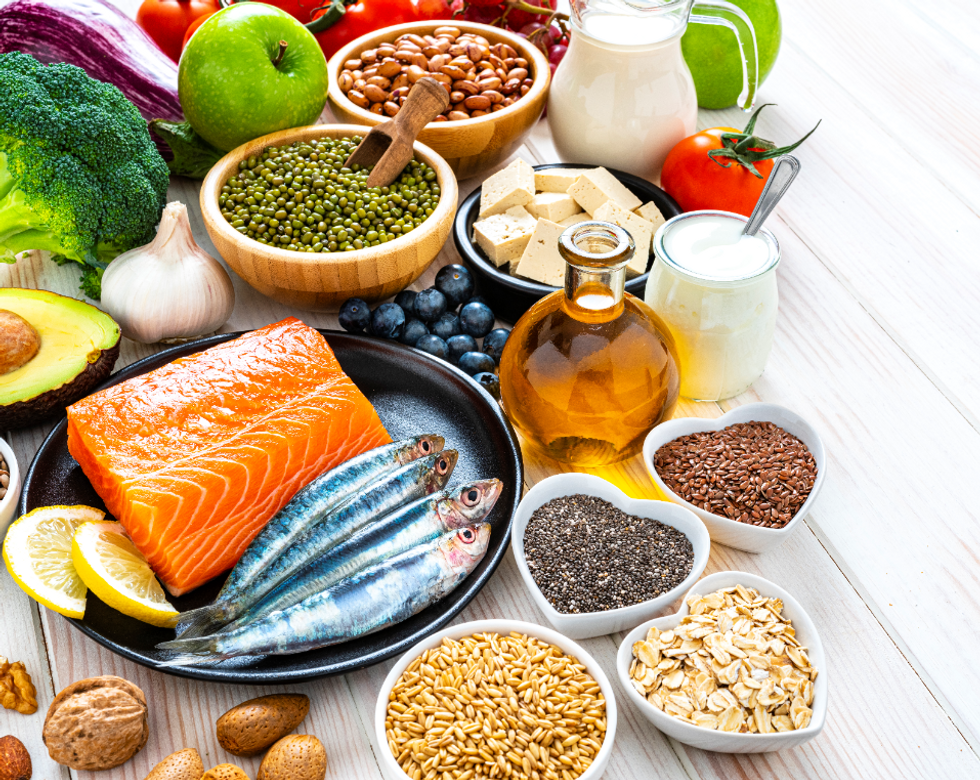From walnuts to oily fish, here are four foods shown to aid sleep loss
Getty Images
No single food is guaranteed to send you to sleep but certain foods have been shown to help
Don't Miss
Most Read
Trending on GB News
The UK is seriously sleep deprived: around one in five Britons are not getting enough shuteye.
Hidden in this statistic is the downstream effects of sleep loss: it has been linked to diabetes, dementia and some cancers.
The good news is, you can reset your body clock without radically changing your lifestyle, evidence suggests.
That's because a number of foods contain sleep-inducing properties. Here are four items that have shown particular promise.
Cherries
Cherries are a natural source of melatonin, a neurotransmitter that influences sleep and mood.

Cherries are a natural source of melatonin, a neurotransmitter that influences sleep and mood
Getty Images
Melatonin can be useful for those who have insomnia, as it is the chemical that induces sleepiness.
Studies have found tart cherry juice can help you stay asleep longer and improve the quality of your sleep.
In another study, researchers studied the effects on sleep of participants aged between 20 and 85 years who ate a cherry-based product and those who had a placebo.
Among the participants who consumed the cherry-based product, sleep and nocturnal rest significantly improved. Older participants experienced an even more marked improvement.
Kiwi fruit
Kiwifruit has been shown to kickstart the sleep process.
Researchers at Taiwan’s Taipei Medical University studied the effects of kiwi consumption on sleep.
They found that eating kiwi on a daily basis was linked to substantial improvements to both sleep quality and sleep quantity.
What explains this effect? Kiwis contain melatonin - the sleep-inducing neurotransmitter. The fruit is also rich in serotonin - a chemical that plays a role in the modulation of sleep.
The tropical fruit is also rich in antioxidants. Research has established a basic link between sleep and antioxidants in the body.
LATEST DEVELOPMENTS

Salmon and walnuts have been shown to promote sleep
Getty ImagesOily fish
Research suggests oily fish can promote a good night's sleep.
In one study, researchers found that people who ate salmon three times per week had better overall sleep and daytime functioning than the control group.
Researchers believe it is the omega-3 and vitamin D content of oily fish that explains this effect. Both are involved in the body’s regulation of serotonin.
Oily fish include:
- Herring (bloater, kipper and hilsa are types of herring)
- Pilchards
- Salmon
- Sardines
- Sprats
- Trout
- Mackerel
Walnuts
Walnuts have been touted for their potential sleep benefits.
Walnut seeds have high amounts of melatonin, according to a 2022 study published in the Journal of Food Composition and Analysis.
Walnut seeds have high amounts of melatonin, according to a 2022 study published in the Journal of Food Composition and Analysis.
This has led some researches to claim that walnuts improve sleep quality.
What's more, the fatty acid makeup of walnuts may also contribute to better sleep, according to a study on mice.
More human studies are needed to support the claims about walnuts improving sleep.
More human studies are needed to support the claims about walnuts improving sleep.








